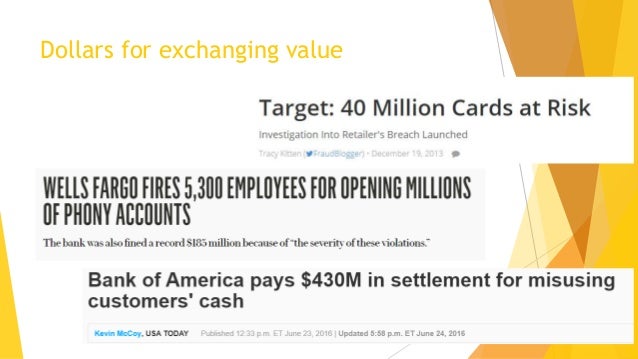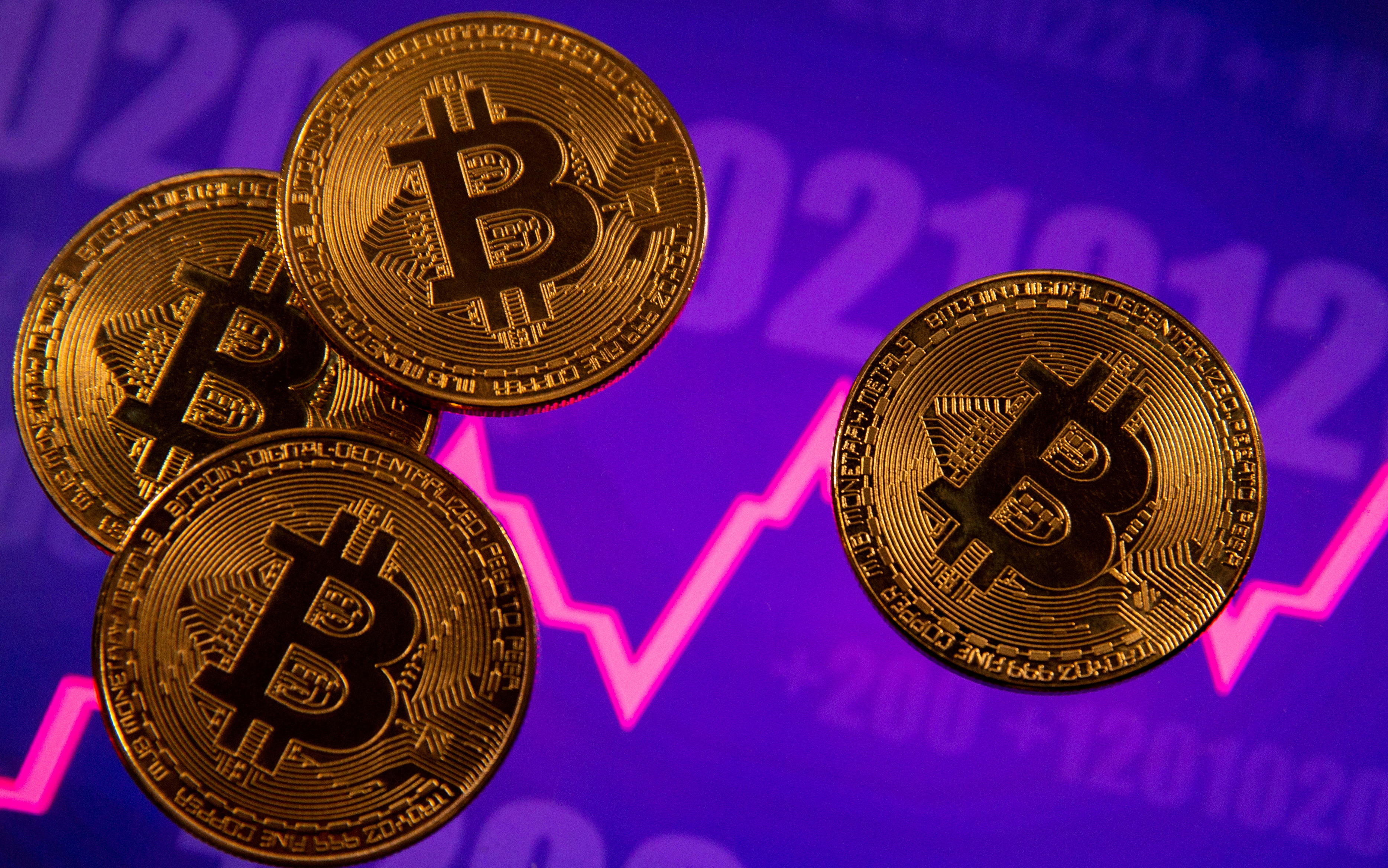How Five myths about cryptocurrency - Brookings Institution can Save You Time, Stress, and Money.

The Basic Principles Of The 2021 Outlook for Bitcoin Prices, Adoption and Risks

Interview transcript In the early 1990s, we said the old media is centralized. It's one way, it's one to lots of; it's controlled by effective forces, and everyone is a passive recipient. The brand-new web, the brand-new media, we stated, is one to one, it's many to numerous; it's extremely distributed, and it's not centralized.

What Happens to Bitcoin After All 21 Million Are Mined?
7 biggest Bitcoin myths - Coinbase
This has a remarkable neutrality. It will be what we want it to be, and we can craft a a lot more egalitarian, flourishing society where everyone gets to share in the wealth that they create. Lots of great things have actually happened, but overall the benefits of the digital age have actually been asymmetrical.

How Cryptocurrency Will Transform The Future Business Forever
The smart Trick of Top 6 Trends That Will Change the Crypto in 2021 - Finextra That Nobody is Talking About
It's owned by a tiny handful of powerful business or federal governments. They generate income from that data or, when it comes to federal governments, use it to spy on us, and our privacy is undermined. What if there were a second generation of the Web that made it possible for the true, peer-to-peer exchange of worth? We do not have that now.
What if we could do that peer to peer? What if there was a protocolcall it the trust protocolthat allowed us to do deals, to do commerce, to exchange cash, without an effective third party? This would be incredible. Numerous years back, an unidentified individual or individuals named Satoshi Nakamoto developed the Bitcoin protocol.
What Does Bitcoin 101: Could Cryptocurrencies Eventually Replace the Mean?
It gives us another kick at the can, another go, to try and reassess the financial power grid and the old order of things. That, to me, is how big this is. It feels like 1993. How the blockchain works The blockchain is basically a dispersed database. Consider a giant, global spreadsheet that works on millions and millions of computer systems.
It's open source, so anybody can change the underlying code, and they can see what's going on. It's genuinely peer to peer; it doesn't need effective intermediaries to verify or to settle transactions. Need More Info? uses modern cryptography, so if we have an international, distributed database that can record the reality that we've done this deal, what else could it record? Well, it could tape-record any structured information, not just who paid whom but also who married whom or who owns what land or what light purchased power from what source of power.
